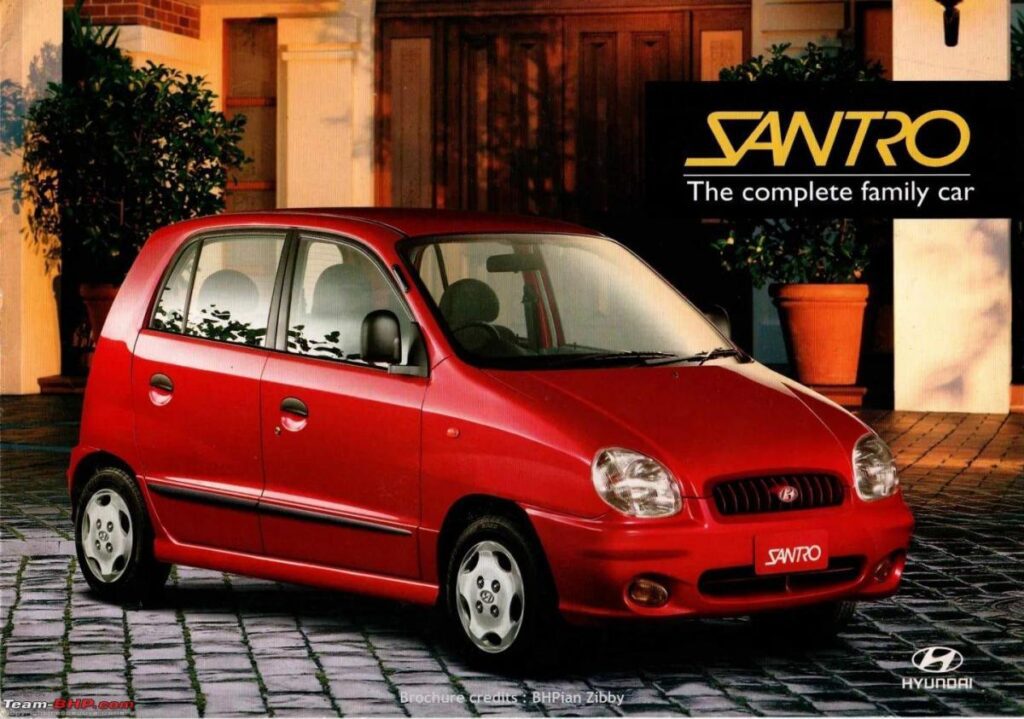Glocalization: Global Brands Becoming Local

Glocalization enables brands to transcend cultural barriers and forge meaningful connections with diverse consumer segments
In today’s increasingly global marketplace, smart brands use glocalization to grow their customer base in foreign markets. It makes sense considering that 56.2% of consumers said the ability to find information in their language is more important than price.
Successful market penetration requires more than translating your business materials into your target market’s language. It takes a deep understanding of local culture to win over international audiences.
Definition
Glocalization is when global products or services are adapted to fit the customs, laws, or preferences of a local market. The word fuses the concepts of “globalization” and “localization.”
Roland Robertson coined the term in the Harvard Business Review in 1980 when he stated that glocalization was “the simultaneity—the co-presence—of both universalizing and particularizing tendencies.”
Although global products are standardized to meet the needs of mass audiences, a “glocalized” product often performs better because marketing localization makes it better suited to the specific environment and needs of a local market.
Putting a “glocalized touch” on your brand in each region is the essence of glocalization.
How Do Companies Glocalize?
It takes thorough market research to understand the cultural nuances and social norms of a company’s target market, especially if they’re selling in different markets around the world.
For example, Walmart had difficulty when they first opened stores in Germany because of their use of greeters at the door. German customers found this overly helpful form of customer service offputting. Walmart had to change this signature practice to suit its German customers’ needs or risk losing their business altogether.
Glocalization is about making sure the local customers are happy, even if a company has to regularly update its strategy. One of the most important parts of a global marketing strategy is understanding your audience in each market that you’re in. That’s why international audience research forms a key step in how companies glocalize.
Important Elements
- Cultural Relevance
A one-size-fits-all approach doesn’t work. Glocalization helps companies understand local cultures and tailor their marketing messages, branding, and strategies accordingly. This creates a sense of connection and trust with local audiences.
Brand perception among varied consumer groups is enhanced when approaches are adapted to local cultures, demonstrating cultural understanding and sensitivity.
- Tailored Products and Services
People in different countries have different preferences and needs. Glocalization allows companies to adapt their offerings to resonate with local markets.
- Alterations to Language
One way to make marketing messages more relatable and effective is to adapt the wording to match local idioms and subtleties.
- Harmonising Customer Behaviour
Target audiences are more likely to respond positively when items and marketing strategies are tailored to their tastes and interests.
- Meeting Local Norms
Businesses can benefit from glocalization because it ensures compliance with local norms and rules, even when legal frameworks differ between locations.
- Increased Brand Appeal
By demonstrating cultural awareness and responsiveness, companies can build stronger brand loyalty in local markets. Customers appreciate brands that take the time to understand their needs and preferences.
- Competitive Advantage
In a globalized marketplace, companies that can effectively glocalize stand out from the crowd. Understanding local nuances allows them to compete more effectively against generic, global brands.
• Improved Efficiency
Glocalization isn’t just about adapting products. It can also involve streamlining operations and distribution for local markets. This can lead to cost savings and increased efficiency
Why is Glocalization Crucial?
Nowadays, there are many reasons why glocalization is so important
- Building Bonds of Emotion
Consumers have stronger emotional bonds with brands that speak to their local sensibilities and values.
- Strengthening Connections
Brands may increase engagement and loyalty from a wide range of consumers by implementing localised marketing strategies.
- Developing Trust
Glocalization creates credibility and trust with customers by honouring local traditions, which in turn increases brand loyalty.
- Staying Current
Brands may remain ahead of the curve by quickly adapting to local market changes, which guarantees quickness and competitiveness.
In essence, acknowledging local nuances positions businesses as culturally aware, resonating with a broad spectrum of consumers and fostering lasting brand loyalty.
Examples
Let’s explore how some prominent brands have effectively employed glocalization to thrive in different regions:
1. Starbucks in India
Starbucks in India offers a prime example of glocalization by catering to the dietary preferences of its customers. Recognizing the cultural significance of vegetarianism, Starbucks refrains from serving beef or pork in its Indian outlets. Instead, it offers a range of vegetarian options, such as the Chatpata Paratha Wrap, tailored to suit the tastes of Indian consumers. Furthermore, Starbucks maintains separate preparation areas for vegetarian and non-vegetarian dishes, demonstrating a commitment to respecting customers’ dietary choices.

2. McDonald’s
McDonald’s adeptly adapts its menu offerings to cater to local tastes and dietary restrictions across various markets. In India, where vegetarianism is prevalent, McDonald’s offers a diverse array of veggie burgers alongside chicken and fish options.
Moreover, McDonald’s tailors its menu to adhere to cultural and religious norms, such as offering kosher Big Macs without cheese in Israel and introducing the McArabia Chicken sandwich in Arab countries. By embracing local culinary preferences, McDonald’s has cultivated a loyal customer base worldwide.

3. Coca-Cola
Coca-Cola’s glocalization strategy revolves around leveraging localized slogans, packaging, and flavours to resonate with consumers in different markets. In India, Coca-Cola has successfully connected with consumers through slogans like “Thanda Matlab Coca-Cola” and “Jo Chaho Ho Jaye”. Additionally, Coca-Cola introduces region-specific products, such as Maaza and RimZim, and sponsors cultural events like the Indian Premier League cricket tournament and Diwali. By integrating with local festivities and traditions, Coca-Cola reinforces its brand presence and fosters emotional connections with consumers.

4. Mars
Mars demonstrates glocalization by tailoring its product branding to suit regional preferences. For instance, the brand’s chocolate product is marketed as “Dove” in the US and “Galaxy” in the UK, aligning with cultural perceptions and consumer preferences in each market. This nuanced approach allows Mars to maintain brand consistency while adapting to local tastes and perceptions.
5. Hyundai
Hyundai’s success in the Indian market is attributed to its glocalization strategy, which involves customizing car models and marketing initiatives to suit local preferences and conditions. For example, Hyundai’s Santro model was designed specifically for Indian roads, traffic patterns, and customer preferences, leading to its widespread popularity. Additionally, Hyundai collaborates with local celebrities like Shah Rukh Khan to endorse its brand, leveraging local influences to enhance brand appeal.

In conclusion, glocalization has become a cornerstone of successful global marketing strategies, enabling brands to transcend cultural barriers and forge meaningful connections with diverse consumer segments. By embracing local customs, preferences, and values, brands can establish themselves as integral parts of local communities while maintaining a cohesive global identity. Glocalization isn’t just about adapting products; it’s a strategic imperative for brands seeking to thrive in the ever-evolving landscape of global markets.



